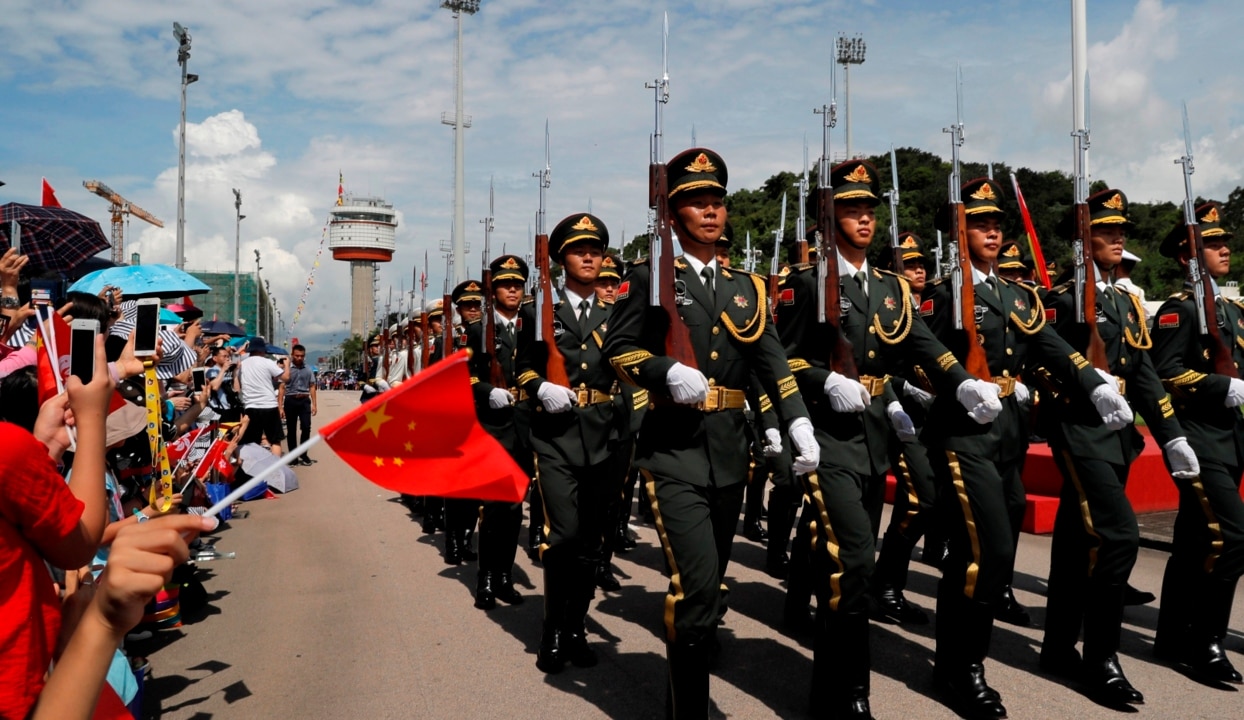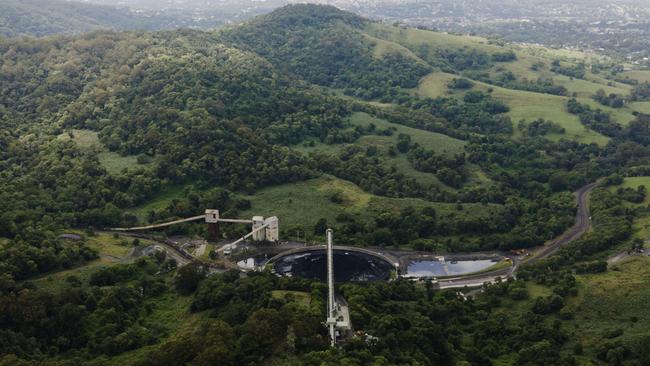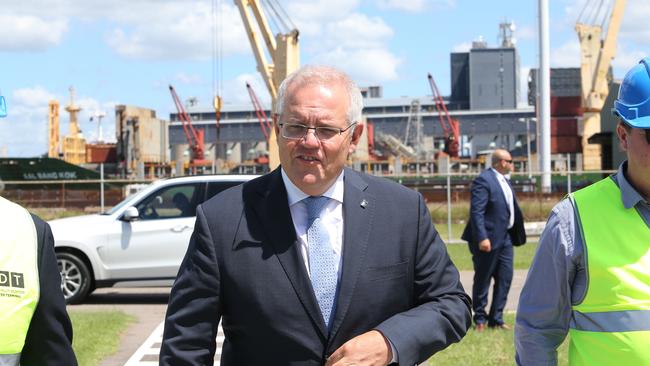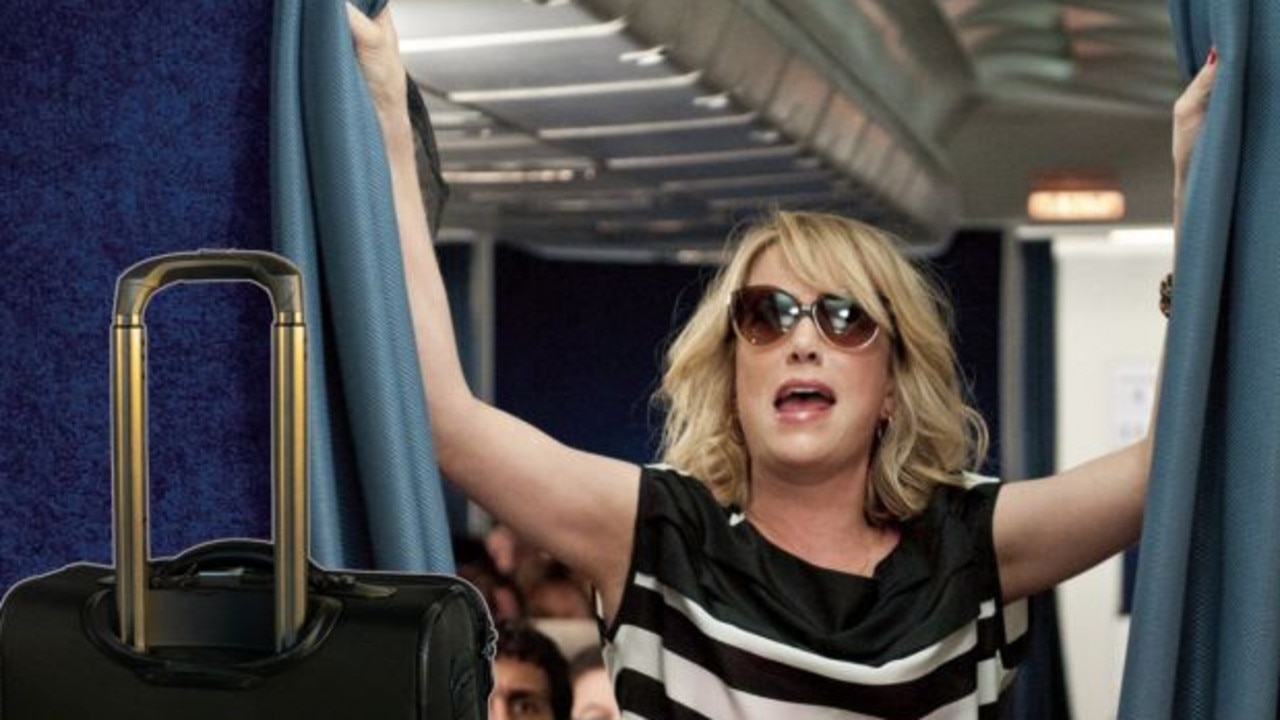Vikki Campion: We must support our primary industries, not demonise them
Manufacturing nations need us to fuel power stations, feed populations and build products. We must support our primary industries, not demonise them, Vikki Campion writes.

Opinion
Don't miss out on the headlines from Opinion. Followed categories will be added to My News.
Instead of forcing farmers to catch and release mice hourly and sacrificing coal jobs to communist-linked corporations, next time we see a farmer or a miner we should be buying them a drink — preferably the Australian wine that China has banned.
Here’s why.
Office workers buying LG electronics from South Korea, BMWs from Germany or Mitsubishis from Japan won’t pay back the debt, nor will buying slave-made fast fashion from China. Our money is already in circulation and often going overseas.
The Upper Hunter, whose voters go to the polls on Saturday, will pay it back because it is only our exporters who bring in new money.
We don’t make Porsches and Audis like Germany, or Boeings and Cessnas like the US, we don’t have Samsung like South Korea, petroleum like the Netherlands or the financial brains of the UK — but we do have rocks.
We have red rocks, black rocks and shiny rocks — iron ore, coal, nickel, lithium and gold — where export earnings are expected to reach $296 billion in 2020-21 and our agricultural exports — beef, wool, lamb and crops — are forecast at $46 billion for the same period.

In a post-COVID world, without international tourists and students, it is manufacturing nations that need us most to fuel power stations, feed populations and build products. We can only do that by supporting our primary industries instead of demonising and restricting them.
Yet instead we have our Commonwealth seemingly intent on backing a Chinese state-owned corporation that wants to take the Port of Newcastle from a strategic asset, exporting almost all of NSW’s high-quality coal into a Belt and Road-initiative automated container terminal, putting 10,000 mining jobs in the Hunter Valley at risk.
On top of this, the edict is that we should revert 16 per cent of farmland to scrub.
But this isn’t enough for the extremists seeking to shut down our exports. The $600 million gas-fired power station at Kurri Kurri, welcomed by the community, is being slated as a coal subsidy when what has inspired this is the intent to make a grid that can cope with the intermittent power renewables provide.
Then we have the environmentalists in Far North Queensland, who prefer 36,000 Chinese-made solar panels over thousands of rainforest trees for the Daintree hydrogen hub, seemingly with the cognitive dissonance to separate from reality that all the component elements of the hydrogen hub will be mined, moved, smelted, manufactured and installed by fossil-fuelled machinery.

The Gold-Membership-holding trolls known as members of PETA, forever tormented by the notion that they are not the centre of attention, are demanding we adopt a “catch and release” strategy for billions of mice, checking the traps hourly, because the rodents poisoning our water, fouling feed, stripping crops and destroying our properties, are “curious” with a “perfume-like scent”.
Meanwhile, with geopolitical risks and trade tensions, our exporters are suffering as we lead the world with production and compliance costs, with shipping costs for one local beef exporter increasing from $1500 to $9000 per container.
As we prepare to go to Glasgow, and face pressure from the US and New Zealand to sign another international emissions agreement, we must remember the products Beijing blocked from us are now being filled by them — the US is now supplying China with coal, timber and cotton, and New Zealand has helped itself to our market share of wine.
When activists pressure governments to stop new mines, the world’s new coal-fired power stations don’t sit idle. Instead our allies reap the financial benefits, and pay down their debts by supplying the coal.
There are 223 coal-fired power stations being built around the world, according to the Global Coal Plant Tracker, plus another 343 in “pre-construction” planning stages.
If we don’t supply them, our competitors will.
As risk increases, so do interest rates. Those who determine risk globally, Standard & Poor, and Fitch, have already given us a negative outlook which could lead to a credit rating downgrade in a few years, which means more expensive borrowing costs that inevitably are passed on to consumers.
Only those who believe mice plagues smell of Chanel, and shading out rainforest with solar panels is green, would believe we can keep our AAA credit rating while shutting down our
major exports.
Victoria’s budget this week is a warning of what is to come. After forcing the toughest lockdowns in the world on its people, the Labor government has now capped wages, will raise property taxes and fines and has the audacity to say that the government protected you and “now it’s your turn to make a contribution”.
Already economists are talking about increasing the GST, with the government debt to hit $1 trillion in the 2022/23 financial year.
If one man’s plague is another’s perfume, then the future is positively fragrant.




